By RecoveryOne
In the early years of RecoveryOne, we spent time validating and building over 200 clinical pathways that can be tailored to specifically address the patient’s condition. Our team harnesses the same thoughtful and quality-centric approach for clinical care and applies it toward making our technology platform robust and secure.
Most recently, our virtual physical therapy platform is registered with the Food and Drug Administration, recognizing that we have the quality management systems in place to ensure our products are safe and effective for their intended use. Additionally, our platform is HITRUST r2 certified, the gold standard in healthcare and patient data security.
With the added assurance of these two certifications, providers can be confident in the reliability and effectiveness of the technology, especially when delivering on new opportunities for better patient care provided by the availability of the recently released Remote Therapeutic Monitoring (RTM) codes. RTM codes have the potential to bring enormous value to not only our health plan and employer customers by increasing access to care for patients struggling with MSK issues, but also to providers by opening new revenue streams for them.
This is yet another example of how RecoveryOne meets the needs of the rapidly evolving health care industry, upholding the best practices in health care and adhering to an FDA process for managing risk. Our technology platform is the perfect solution for health plans, employers and providers seeking to provide their patients with trusted, high quality and secure virtual care for MSK pain or condition.
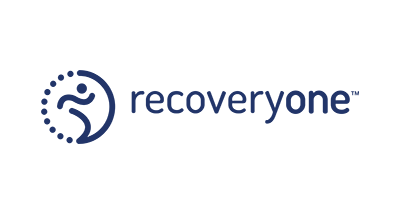
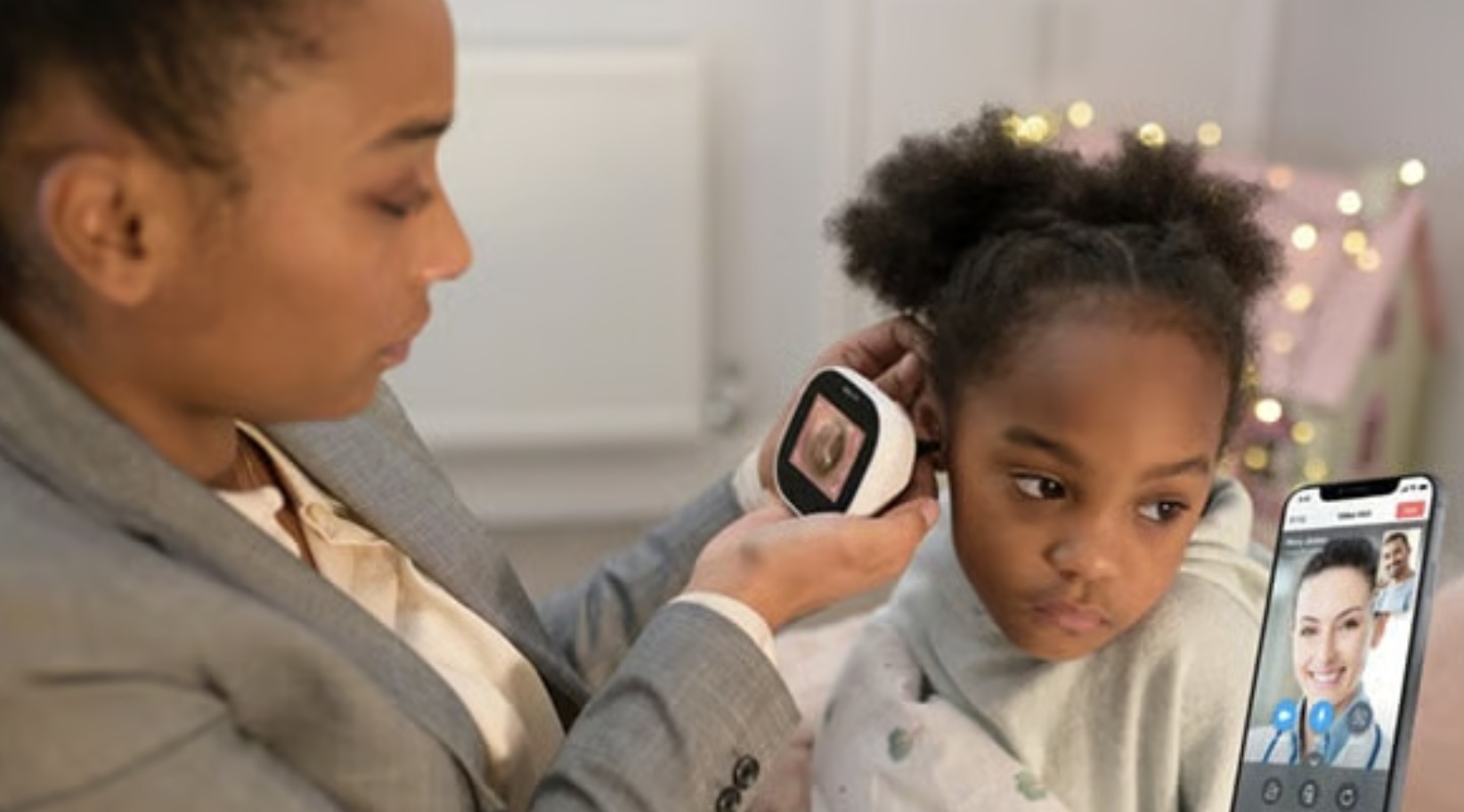

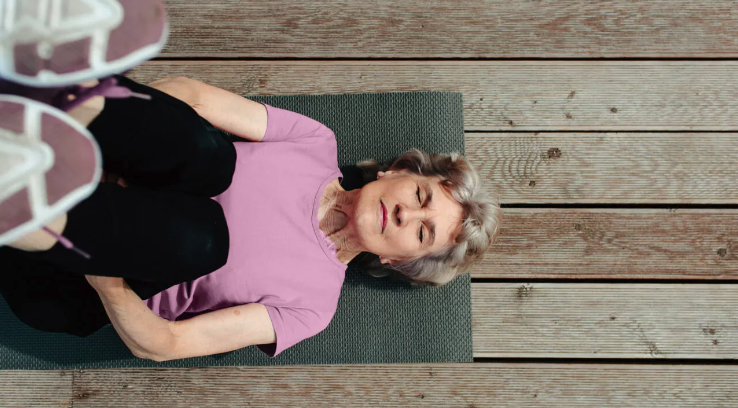

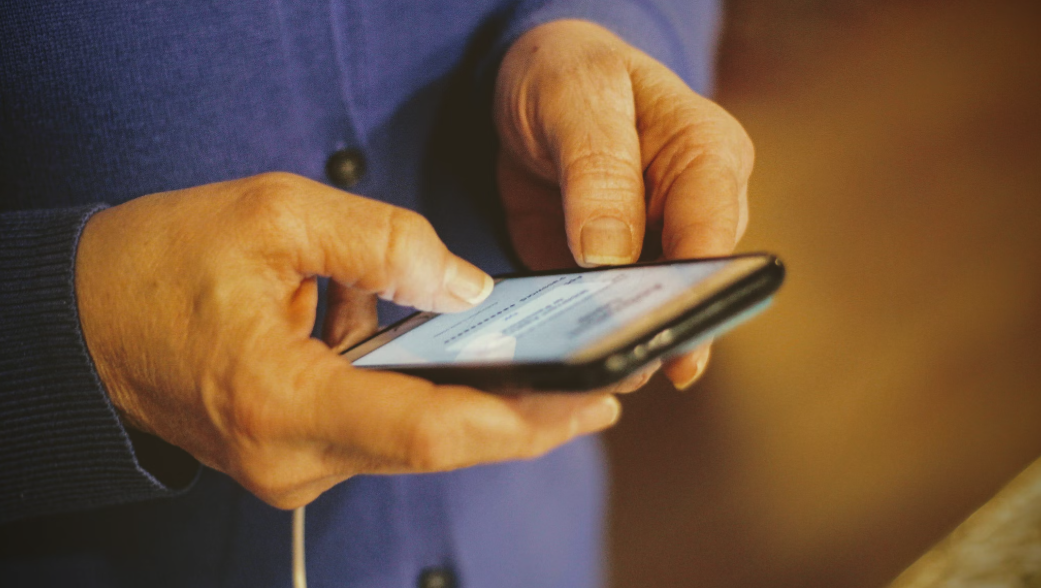
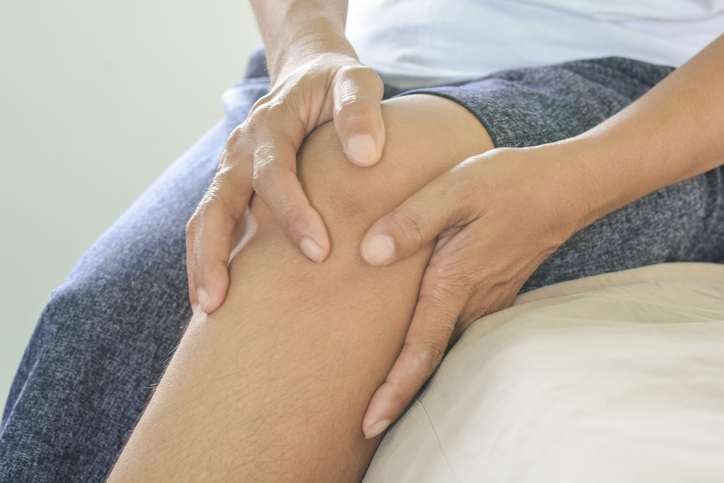
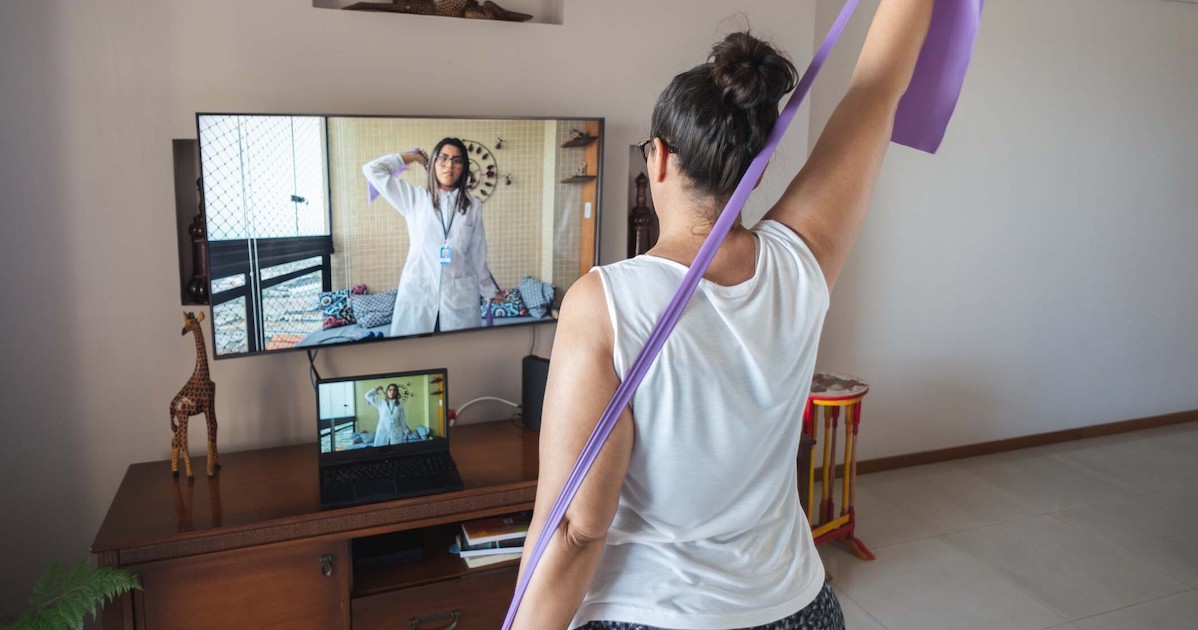
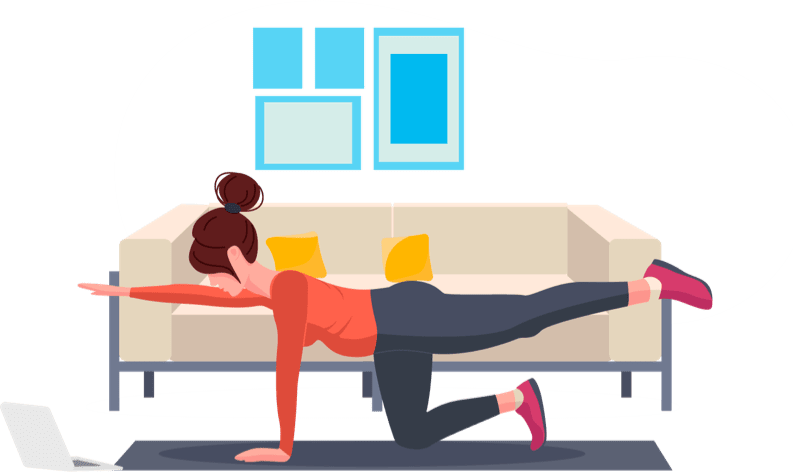

 The need for MSK solutions aimed at the senior population
The need for MSK solutions aimed at the senior population